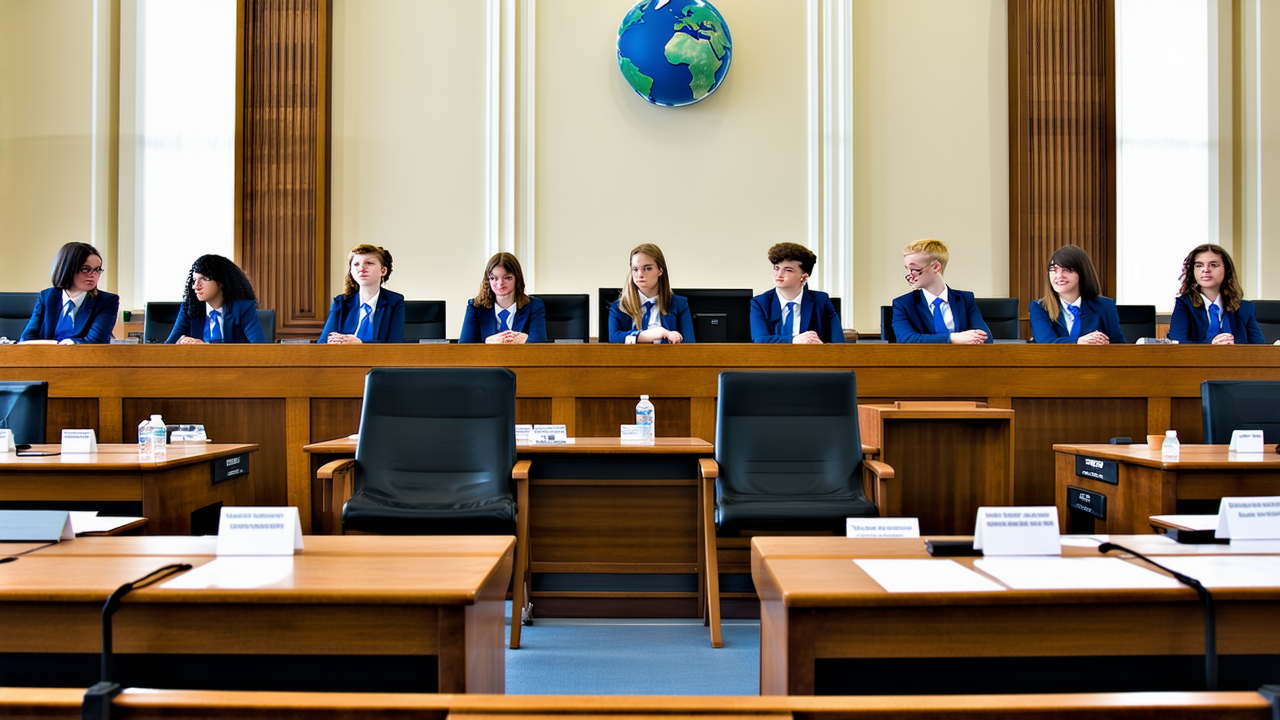Students May Reshape Climate Justice Legal Landscape: Will The Hague Deliver a Favorable Ruling for Island Nations This Thursday?
Students May Reshape Climate Justice Legal Landscape: Will The Hague Deliver a Favorable Ruling for Island Nations This Thursday?
In a landmark legal development that has drawn global attention, a group of students from the South Pacific may soon alter the trajectory of climate justice. This Thursday, the International Court of Justice (ICJ) in The Hague will deliver a ruling on a case initiated by Vanuatu, with support from over 100 countries, including New Zealand, Australia, and all Pacific island nations, as well as numerous international organizations.
The case, which began as a bold student initiative in 2019, challenges the legal obligations of nations under international law to address the climate crisis. It has now reached a critical juncture, with the ICJ set to issue an advisory opinion on whether states have legal duties to prevent climate change and what consequences arise from their failure to act.
This potential ruling could have far-reaching implications for international law and set a precedent for future climate-related litigation. If the ICJ finds that major emitting nations have legal responsibilities toward vulnerable island states, it could open the door for legal actions by individuals, communities, and nations against those responsible for climate harm.
Vishal Prasad, a student leader and founder of the Pacific Island Students Fighting Climate Change, said the case is a culmination of six years of relentless advocacy. He emphasized the need for a clear and authoritative statement that climate inaction is not just a policy failure but a violation of international law.
The case has generated considerable support from Pacific island nations, which argue that they are the most affected by climate change despite contributing the least to global emissions. They have expressed growing frustration with existing mechanisms such as the COP process and are now seeking a legal framework that holds nations accountable.
However, major emitting countries, including the United States and China, have argued that the existing Paris Agreement is sufficient to address the climate crisis. Legal experts, however, believe that this case could set a new legal standard, one that includes a broader range of international legal sources, the right to seek climate assistance, and the application of human rights and precautionary principles to climate obligations.
While the advisory opinion from the ICJ will not be legally binding, it could still have significant political and legal influence. It may empower vulnerable nations and communities to demand accountability, strengthen legal arguments in climate litigation, and shift global policy toward more proactive and responsible climate action.
As the world watches, 15 judges will deliver their ruling at 3 PM local time in The Hague. If the court sides with Vanuatu, it could mark a defining moment in the global climate justice movement and provide a roadmap for a more equitable and sustainable future.
